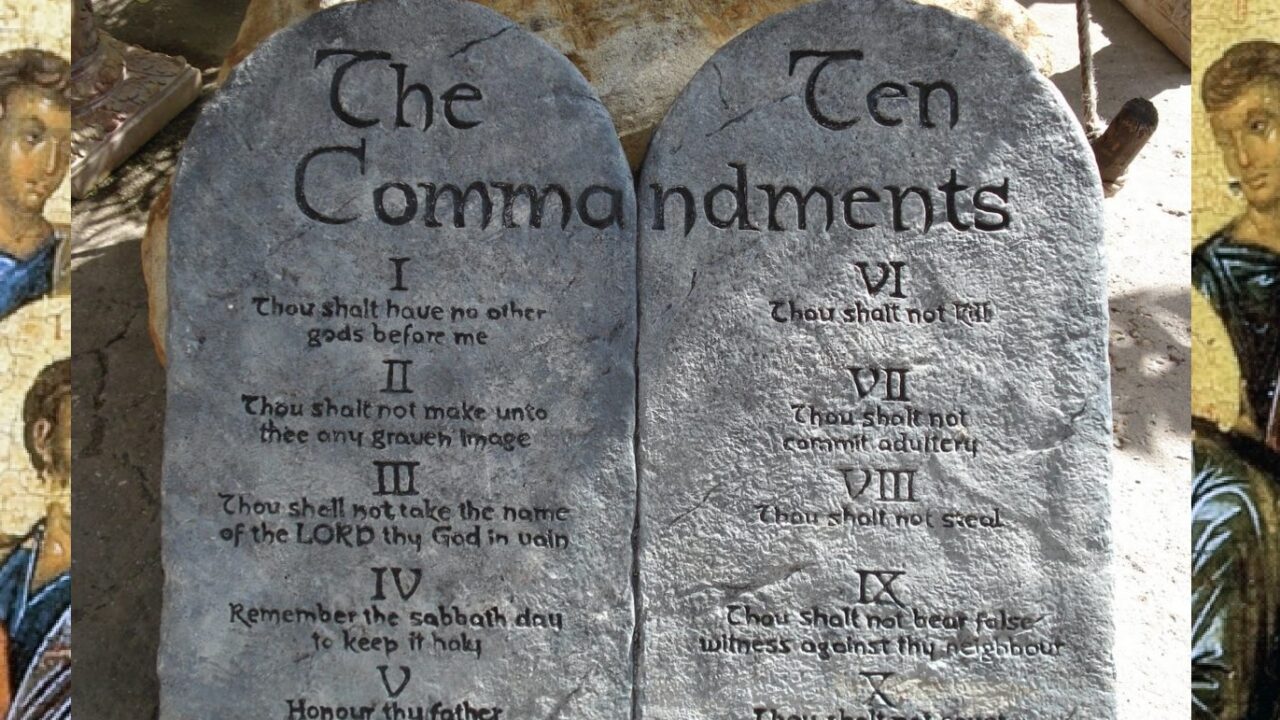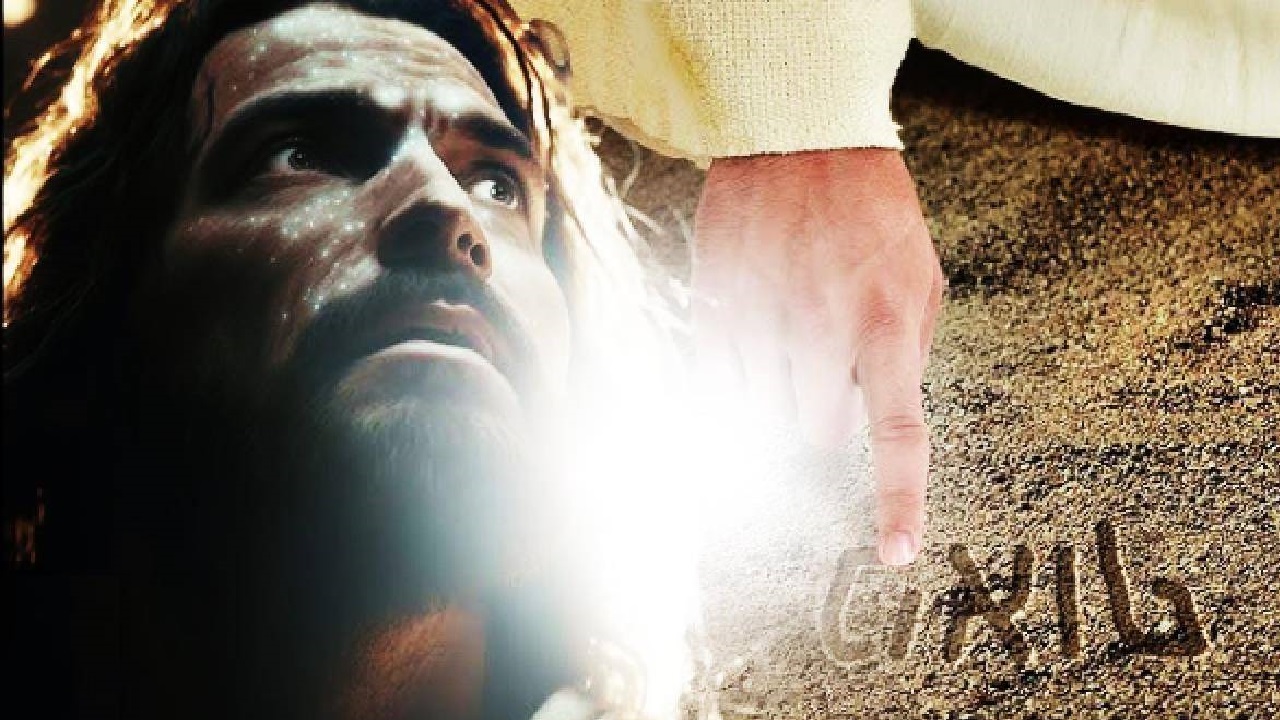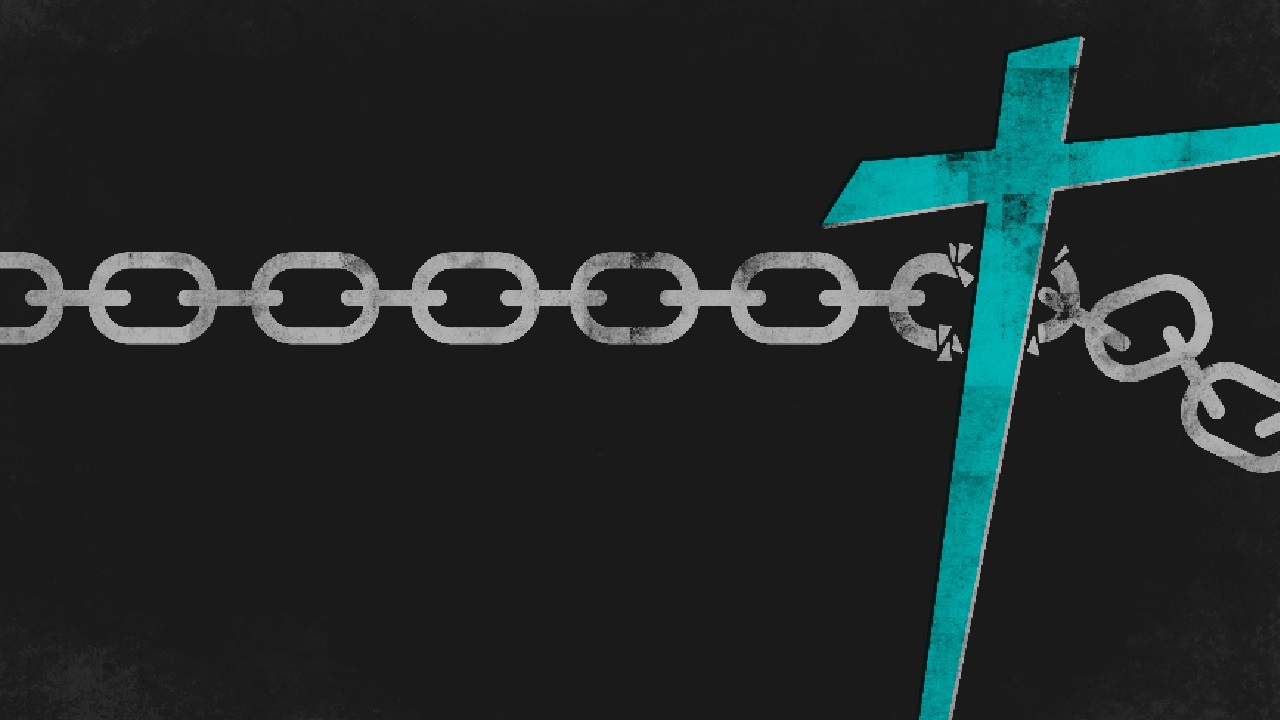Most agree that the Christian walk of faith takes real effort, i.e., real works on the part of the believer. After all, Jesus did say we must “strive” or “exert every effort” to enter the Kingdom of God (Luke 13:24). As the NET Bible notes, ‘Make every effort’; ‘Do your best’; ‘Work hard’; Greek ‘Struggle.’ The idea is to exert one’s maximum effort (BDAG ‘strain every nerve to enter’) because of the supreme importance of attaining entry into the kingdom of God.” And Paul later commands us to “work out your salvation with fear and trembling” (Phil. 2:12). But these works should not be confused with “the works of the Law,” a phrase used negatively by Paul in reference to the Law of Moses (see Rom. 3:20, 28; Gal. 2:16; 3:2, 5, 10, 12).
The works of the Law include circumcision, calendar observances (Sabbaths, new moons, annual holy days), and food laws. Paul contrasts the law of Moses with the law of Messiah,” which is the law that we are all now under (1 Cor. 9:21; Gal. 6:2; see also “the law of faith,” Rom. 3.27).
So we understand that “no one is made right by the works of the Law,” i.e., the Law of Moses (Gal. 2:16; Rom. 3:20). But now “we are God’s handiwork, created in Messiah Jesus for good works, which God prepared ahead of time so that we would conduct our lives in them” (Eph 2:10). This is because “Christ has made peace between Jews and Gentiles, and he has united us by breaking down the wall of hatred that separated us.” He accomplished this, Paul goes on to explain, by “making void in his flesh the Law of commandments contained in decrees” (Eph. 2.14-15)
So like Paul, and the father of the faith himself Abraham, we are to be faithful workmen of God — not doing “the works of the law” of Moses, but following the Law of Messiah.
James 2 summarizes this nicely when he explains that “the faith of Abraham,” along with his works, made his faith complete.
In other words, it’s not either faith or works but both faith and works.




